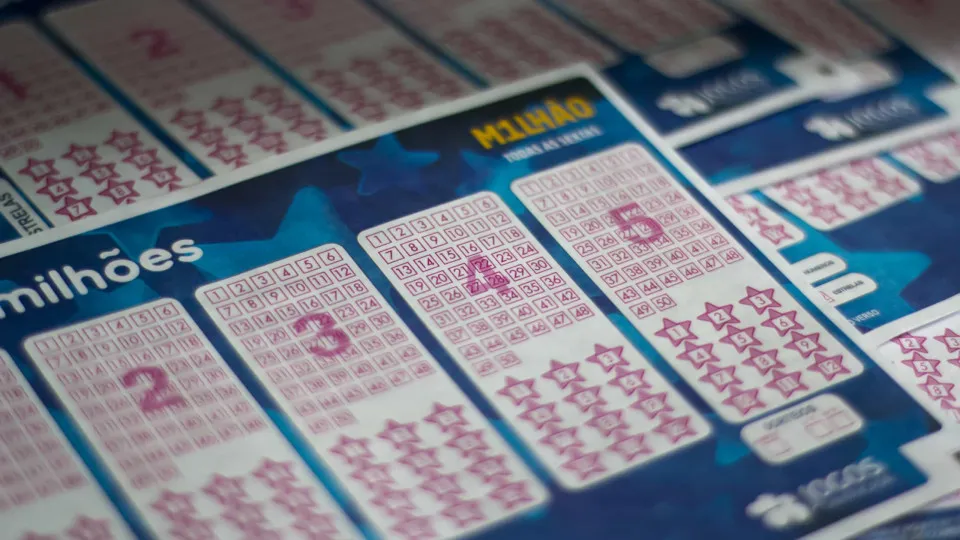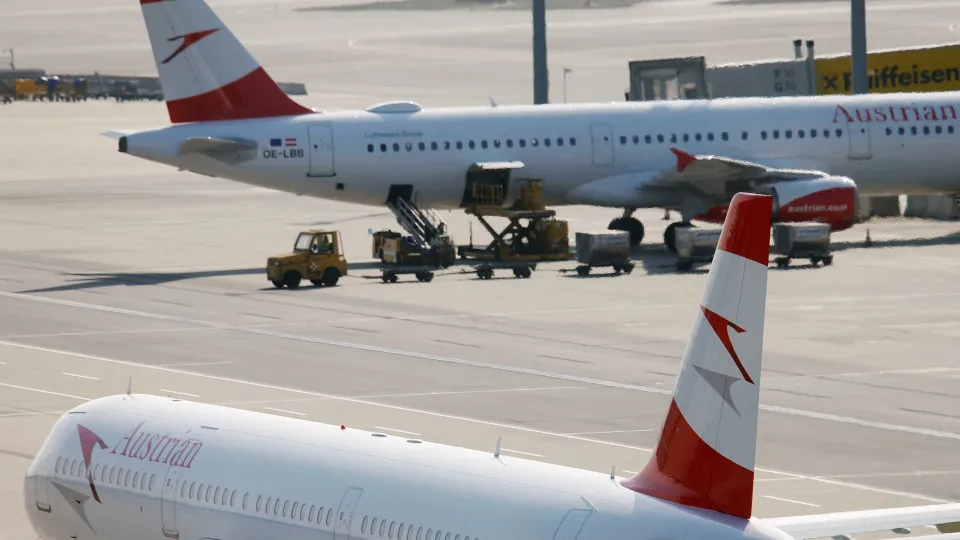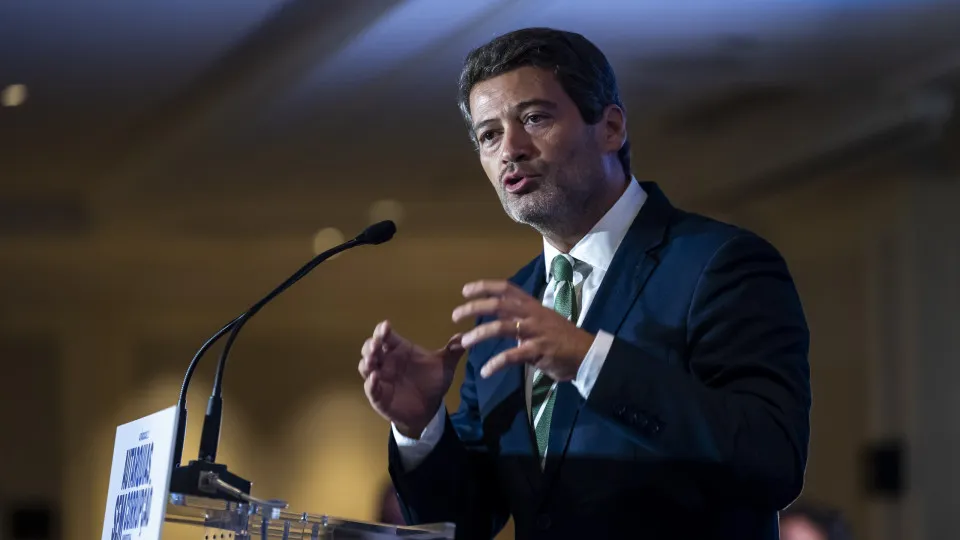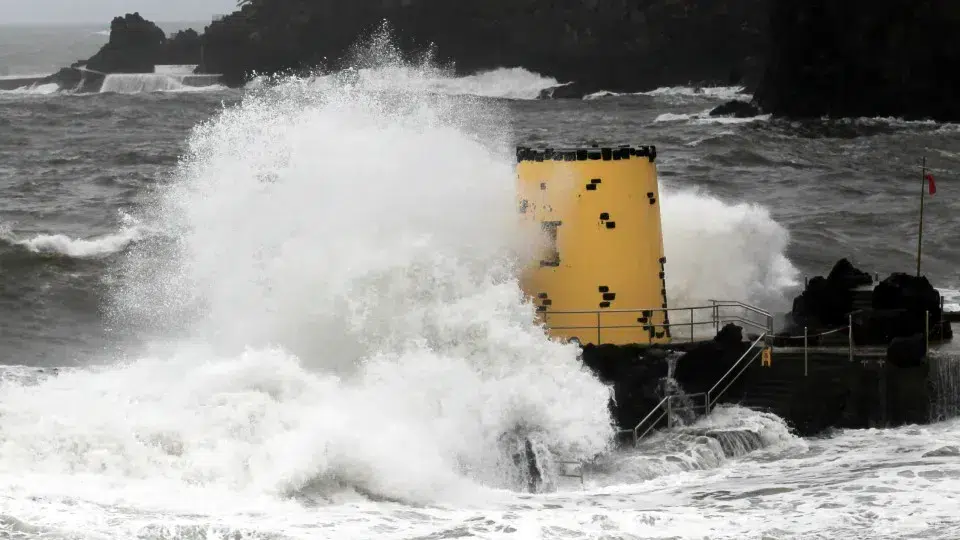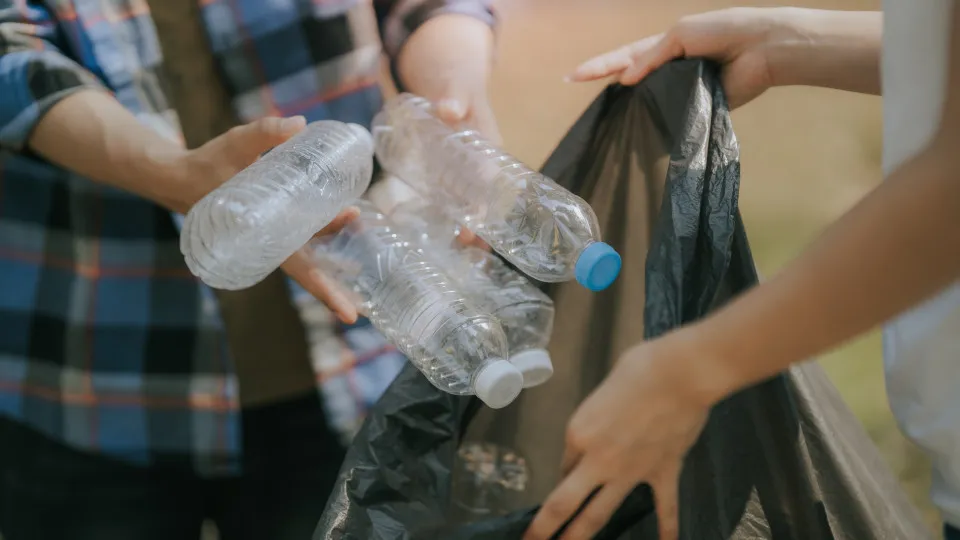
The Minister of Environment, Maria da Graça Carvalho, announced on Tuesday in Parliament that next year the deposit return system (SDR) will begin operations, with 2,500 machines installed at 8,000 collection points to receive single-use beverage packaging made from plastic, aluminum, and steel.
The system is set to launch on April 10, 2026, marking a four-year delay from its initial 2022 target.
Practically, consumers purchasing bottled or canned drinks in supermarkets will pay a deposit, yet to be confirmed, which will be reimbursed upon returning the empty containers to collection points.
The initiative aims to increase the collection rate for single-use beverage packaging made from plastic, metal, and steel.
It is anticipated that the SDR will achieve a return rate of 90% within three years. Leonardo Mathias, president of SDR Portugal, stated during an interview that mature systems in countries like Denmark and Germany reflect such a median rate. He predicts achieving this target in two to three years, although not immediately.
SDR Portugal comprises beverage sector companies and retailers like Coca-Cola, Central de Cervejas, Sumol+Compal, Super Bock Group, and Unilever (Circular Drinks), alongside brands such as Auchan, Intermarché, Lidl, Mercadona, and Sonae MC (SDRetalhistas).
The association is applying for a license or concession to manage the Deposit and Refund System for single-use beverage packaging, which was initially scheduled to commence on January 1, 2022, with an investment exceeding 100 million euros, 70 million of which is expected in the first two years.
A study commissioned from the consultancy 3drivers anticipates a reduction in cleaning costs ranging between 20 and 40 million euros annually, affecting the Waste Management Systems (SGRU).
The analysis also points to potential benefits for the SGRU and municipalities between nine and 20 million euros by decreasing costs associated with the collection and sorting of packaging, which will shift to the SDR.
“We believe our recycling industry can handle more material. With the high raw material costs, it’s a significant opportunity,” Leonardo Mathias noted in 2022.
This initiative is projected to create 1,000 to 1,500 direct and indirect jobs in Portugal, involving tasks related to machine maintenance, cleaning, collection, distribution, or recycling.
While primarily placed in large establishments, SDR Portugal is considering expanding this system to less receptive venues, like schools, potentially through communication campaigns.
Additionally, seasonal collection at tourist spots is deemed “relevant.”
Leonardo Mathias emphasized the necessity for a single license with open competition to prevent confusion and distortion that could result from multiple systems.
“If we create something different, the return rates are uncertain. In the U.S., licenses are state-level. Massachusetts uses the model we advocate, achieving 90% collection, whereas Connecticut, with a mixed public-private system, has never surpassed 50% in 15 years,” he explained.
The system also faces challenges, such as making payments in analog contexts. Nonetheless, there are opportunities, given the absence of European-produced deposit machines.
“We challenge Portuguese entities to consider this. There are no machines in Europe, which could represent an excellent opportunity for Portuguese companies,” he concluded.

